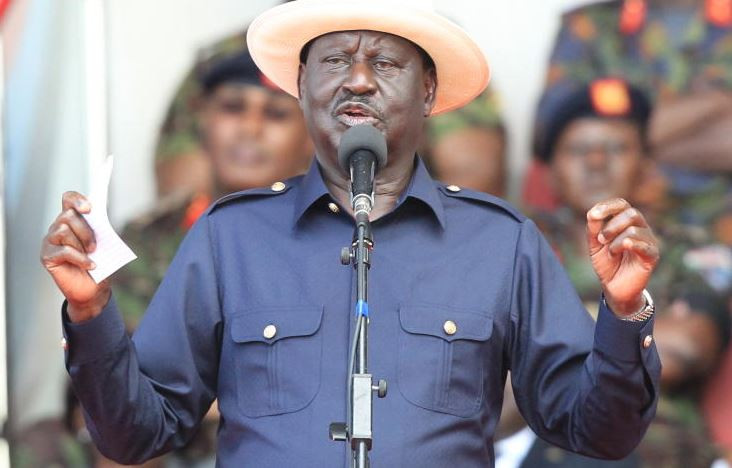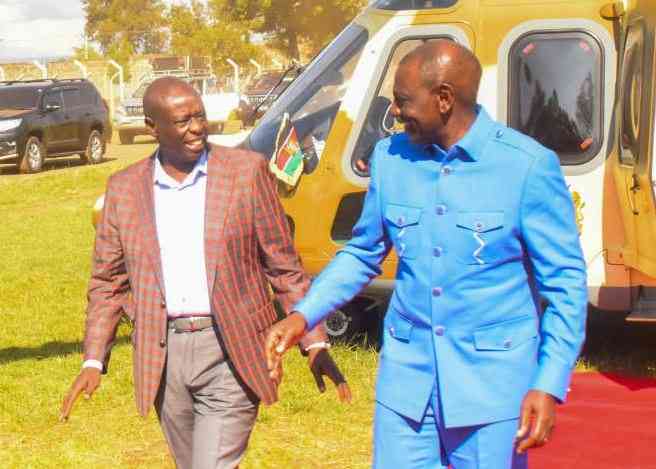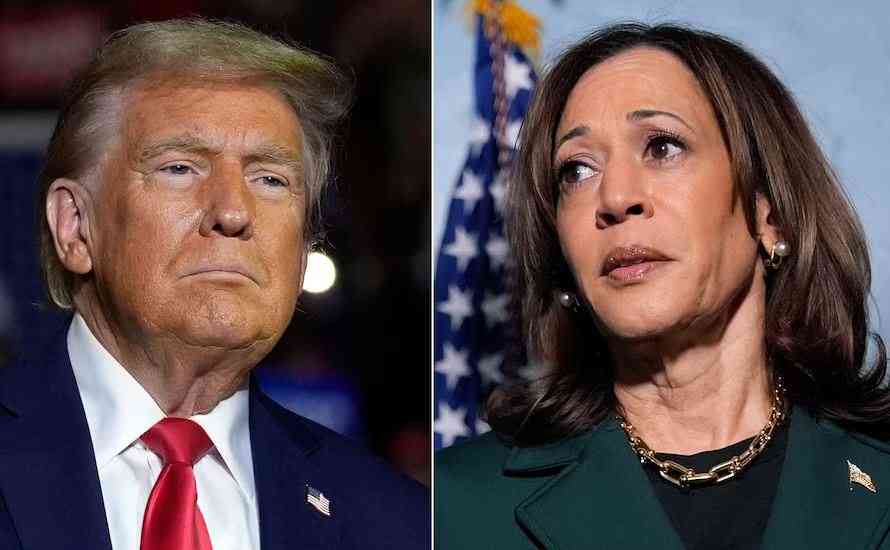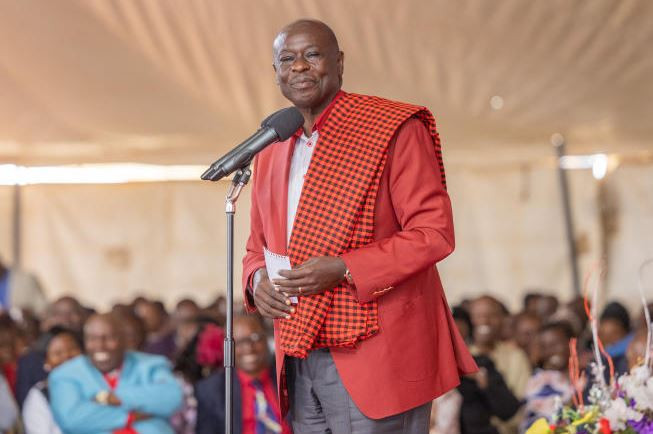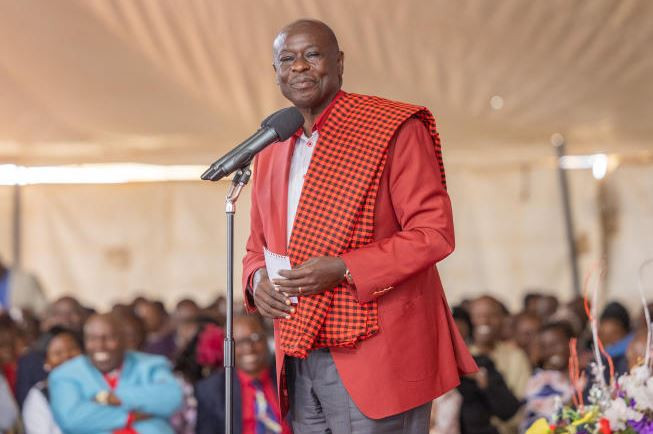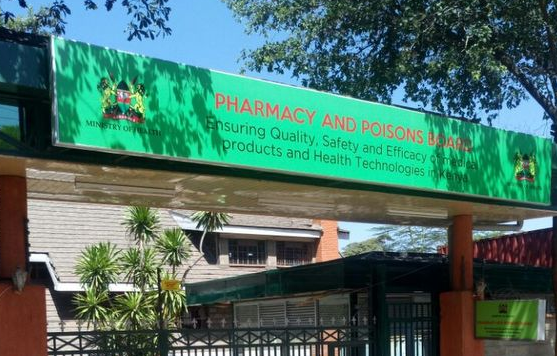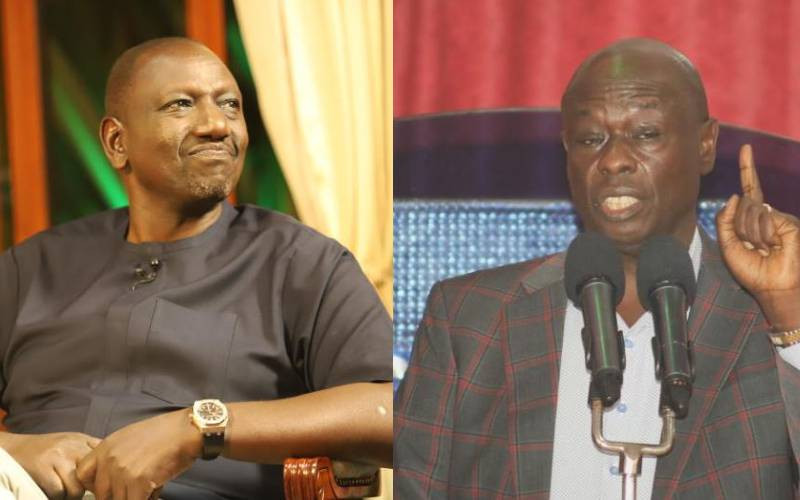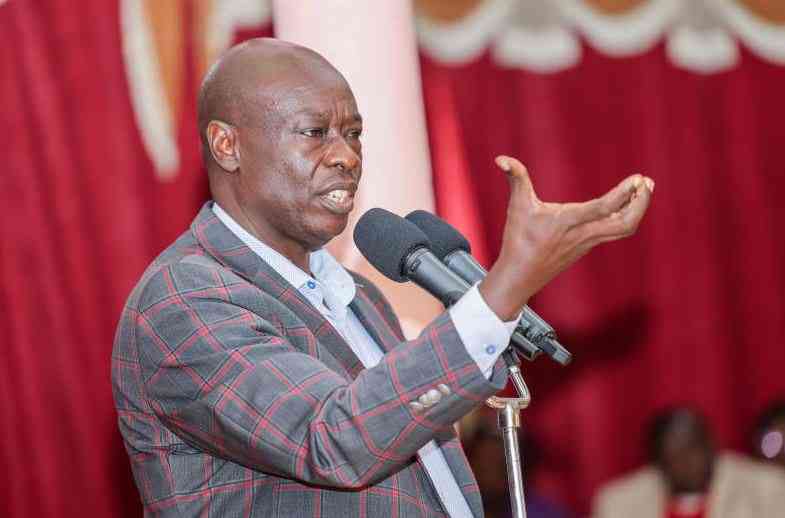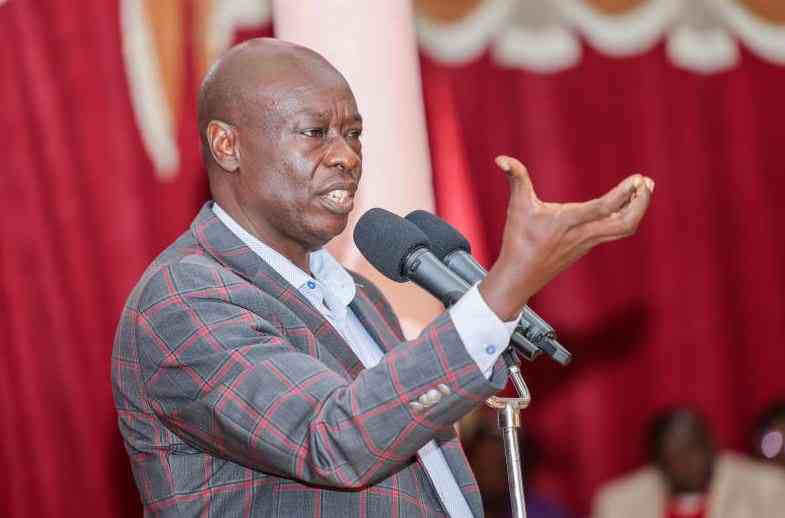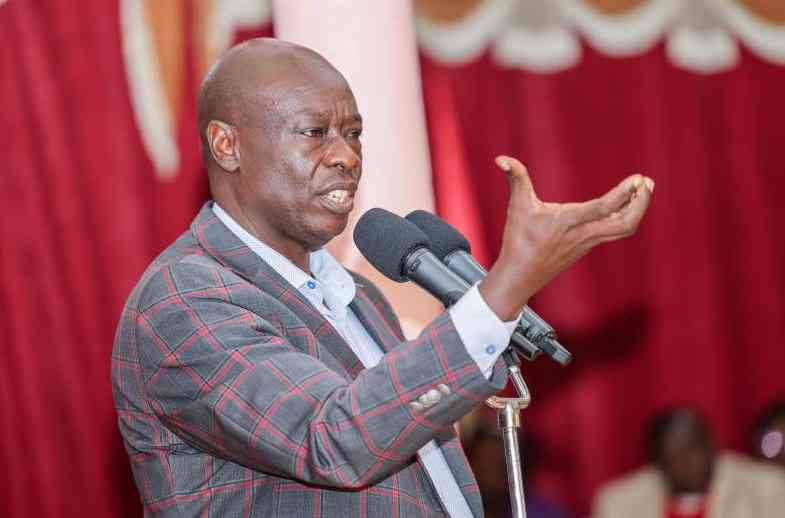On December 28, 2014, Meshack Yebei walked into a chemist, walked out, and vanished into thin air.
Yebei, a key witness in President William Ruto's International Criminal Court (ICC) case, was in his rural home in Turbo, Uasin Gishu County, and it was his last day to be seen alive by his village mates. His body was found three days later, deep in Tsavo National Park, which is hundreds of kilometres away from Turbo.
His killers probably hoped he would be eaten by wild animals so that the family would never see him again. The Director of Public Prosecutor, Keriako Tobiko, on January 6, 2015, ordered investigations "with the view of bringing those responsible to justice".
"Upon conclusion of the investigations, the inquiry findings should be submitted to me for perusal and appropriate action," Tobiko said.

Yebei was among key witnesses against Ruto, who was the deputy president, and his boss, Uhuru Kenyatta, who were facing charges of crimes against humanity at The Hague. Former Prime Minister Raila Odinga said that there were people who have normalised extrajudicial killings to advance political interests and deny those they victimize justice.
"There is a system, a way of life and a philosophy in this country that believes in murders; that produces murderers in Kenya; that believes, wrongly, in extra-judicial killings as the way to sort out differences and eliminate competition; real or imagined," Raila, who was the Opposition leader said on 12 August 2016.
Death of scribe
- Ruto remains mute as healthcare crisis worsens
- Government calls on KMPDU to end strike
- Ruto meets KMPDU officials, promises lasting solutions to end industrial strikes
- Ruto forms a 20-member team to audit healthcare resources
Keep Reading
John Kituyi, 61, was killed on April 30, 2015, at Eldoret's Pioneer estate. This was three months after Yebei's death. The proprietor of The Mirror Weekly was walking home in the evening when assailants pounced on him, hitting him severely on the head. His third-born daughter, Angela Kituyi, said his body had a deep cut on the neck and bruises all over his body, indicating that he must have struggled with his attackers before they subdued him.
"I received a call at around 8:30 pm from someone who said they had found my father bleeding on the head. They said they had taken him to the hospital. We rushed to the hospital and found doctors trying to resuscitate him," Angela said.
ICC prosecutor Fatou Bom Bensouda told the court that eight Mungiki members who dealt personally with the accused (President Uhuru Kenyatta) and his agents were systematically eliminated.
"These killings and forced disappearances were part of a 'clean up campaign to conceal the accused's involvement in the post-election violence," Bensouda added.
Raila said that Njoroge Gichere, George Njoroge Wagacha alias "Afco", Timothy Mburu Gatira, Anthony Mwenje alias "Noriega", Maina Diambo, Naftali Irungu alias "Marcus" and Charles Ndungu Wagacha were among those killed alongside Yebei and Kituyi following their role at the ICC. He added that they were key witnesses in the case against Ruto and Uhuru.
On July 6, 2008, Diambo was called by a politician to collect a Sh3 million donation for the burial of Mungiki leader Maina Njenga's wife Virginia Nyakio. Nyakio was abducted together with her driver and bodyguard on March 8, 2008. Their bodies were later recovered in Gakoe forest in Gatundu, Kiambu county. Diambo was accompanied by his brothers, Charles Ndungu Wagacha and George Njoroge Wagacha. Both Njoroge and Wagacha were later murdered in Mai Mahiu on April 29, 2008.
Diambo and another Mungiki member, Alfred Peter Njoroge, went missing around the same time. They were among people allegedly abducted by the police killer squad Kwekwe and killed in Nairobi, its environs, and the Central and Rift Valley.
"That philosophy has claimed many lives from independence to date. In the aftermath of the post-election violence, a chain of would-be witnesses were systematically eliminated through extra-judicial killings," Raila said.
Senator Mutula Kilonzo's lonely death
Makueni Senator Mutula Kilonzo, on the other hand, was found dead in a bedroom on his ranch. His veins and capillaries were raptured. This is after the ICC prosecutor, Luis Moreno Ocampo, sent a letter to the vocal senator seeking a statement about the 2007-08 post-election violence, which left more than 1,300 people dead and thousands displaced.
"I have seen the pain of death...I have seen what happens when someone gives you poison. May it not happen to any other person, and may it not happen to any other person," Mutula Kilonzo Junior told a local newspaper.
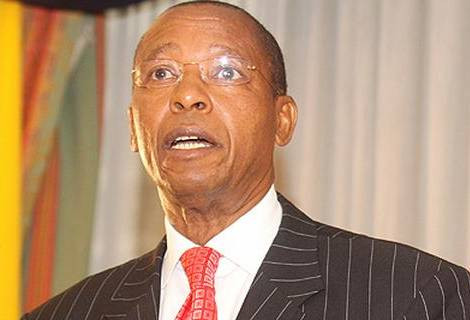
Mutula Jr was narrating how his father died.
"The fundamental question is not who, but how they managed to make him ingest more than 12 tablets of the ephedrine-laced white pellets," Kilonzo Jnr. said.
"My father's bathtub had vomit from his entire dinner."
Mutula said that the door was open, suggesting a person or persons had accessed the room earlier. His phone showed he had sent messages at about 9 pm and also read a book before resting. A container of a carbonated drink believed to have been a catalyst, which was used for the poison, was retrieved from the kitchen.
"He never took soda or carbonated drinks. My father was lying in a manner that would lead one to suspect the scene was staged," Mutula said.
"I was shown pictures of his brain. The pathologists were shocked at the excessive bleeding. In my evidence at the inquiry, I was sure it would not lead to anything meaningful."
And on Monday last week, lawyer Paul Gicheru joined the long list of mysterious deaths related to the 2007 post-election violence.
"He had a late lunch and felt unwell and went to bed, but he did not wake up," the police said.
Gicheru was a suspect at the ICC, accused of interfering with witnesses in the case against Ruto and former journalist Joshua Sang.
The lawyer surrendered to the ICC on November 2, 2020, following an arrest warrant issued on March 10, 2015, by the court. The ICC accused Gicheru of allegedly bribing witnesses in Hague cases that were dropped due to a lack of evidence.
Most of them disappeared, recanted their testimonies or refused to testify in the crimes against humanity case against Ruto and Sang.
Years back, George Thuo, a former Juja MP and Chief Whip collapsed while having drinks with friends at a club in Thika town at about 10 pm in November 2013.
Thuo was expected to be a key witness for Uhuru at The Hague and had repeatedly denied any wrongdoing after the ICC Chief Prosecutor claimed that he had attended a meeting at the Blue Post Hotel in Thika on January 27, 2008, where revenge attacks were allegedly planned for Naivasha and Nakuru.
Another victim, Senior deputy police commissioner Bernard Kimeli, was killed by unknown people at his house in Muguga Greens estate in Westlands, Nairobi in April 2011. It was alleged that PEV retaliatory meetings were held at the Kenya Police College, Kinganjo, where he was the boss.
Kimeli was stabbed several times and was found dead with his gun lying by his side.
 The Standard Group Plc is a multi-media organization with investments in media platforms spanning newspaper print
operations, television, radio broadcasting, digital and online services. The Standard Group is recognized as a
leading multi-media house in Kenya with a key influence in matters of national and international interest.
The Standard Group Plc is a multi-media organization with investments in media platforms spanning newspaper print
operations, television, radio broadcasting, digital and online services. The Standard Group is recognized as a
leading multi-media house in Kenya with a key influence in matters of national and international interest.

